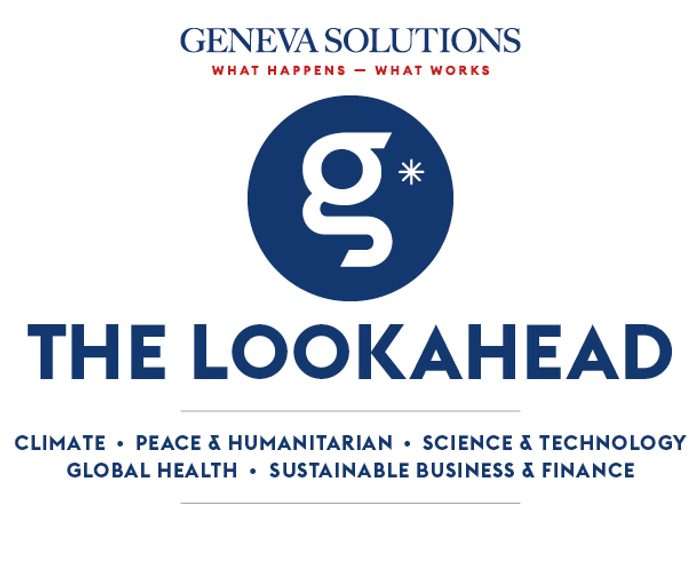Good morning, this is Michelle. As the UN grapples with an unprecedented funding crisis, its boss has decided to take matters into his own hands.
A high-level task force he appointed in March has been coming up with some eyebrow-raising proposals to absorb the financial blow. They would fundamentally change the UN’s structure – that is, if states set their own interests aside and get behind them. |

UN secretary general António Guterres at UN headquarters in New York, 8 April 2025. (Keystone/EPA/Justin Lane)
|
|
|
🧪TOXIC MATTERS.
It’s week two of the Basel, Rotterdam and Stockholm conventions Cop on regulating toxic chemicals and waste management.
The UN Environment Programme estimates that by 2025, the world’s cities alone will produce 2.2 billion tonnes of waste annually, which could lead to human health problems and environmental degradation.
|
|
Disagreements.
Last week, delegates from more than 180 countries meeting at Geneva’s international conference centre disagreed over including a toxic insecticide, chlorpyrifos, on the list of chemicals to be eliminated. The substance is linked to adverse effects on neurodevelopment, reduced birth size and various forms of cancer.
The expert committee reviewing chemicals concluded that it should be banned while allowing some exemptions, such as for plant protection, controlling ticks in cattle and preserving wood against borers and termites. India has opposed the listing, while others, including Pakistan, Uruguay, Switzerland, the United Kingdom and the European Union have backed the committee’s position. Cameroon, Kenya and Zambia suggested some exceptions.
Some states are trying to bring down the number of exemptions before talks conclude on Friday.
|
|
🏛️CULTURE VS CRISES.
International emergency and culture VIPs will converge tomorrow and Wednesday at the serene Geneva lakeside, in Villa Barton, to discuss how to save and preserve cultural heritage amid humanitarian crises.
Hosting the event is the Aliph Foundation. Founded in 2017 to protect cultural relics in conflict zones, the NGO has begun to provide assistance in climate change-struck regions since last year.
|
|
The climate threat.
In April, Aliph announced a call for projects to safeguard cultural heritage in central Asian countries, including Uzbekistan, where the western region of Karakalpakstan and the shrinking of the Aral Sea are stark examples of the impact of climate change on a distinct culture.
A series of workshops, including leading officials from aid, security and cultural organisations, will tackle issues such as trafficking of cultural goods in crises, displacement and cultural heritage and the use of data.
– By Paula Dupraz-Dobias
|
|

Tedros Adhanom Ghebreyesus, director general of the World Health Organization, speaks at a press conference organized by the Geneva Association of United Nations Correspondents, at the WHO headquarters, 1 May 2025. (Keystone/Salvatore Di Nolfi)
|
|
|
GS news is a new media project covering the world of international cooperation and development. Don’t hesitate to forward our newsletter!
Have a good day!
|

|
|
Avenue du Bouchet 2
1209 Genève
Suisse
|
|
|
|









